This film still demonstrates what element of art the most?

Line
What Principle of Design describes these colors in this photograph?

Contrast, they are contrasting colors.
What Element of Art is a mark from one point to another?
Line
[BONUS QUESTION FOR DOUBLE POINTS: What element of art describes the character, and what element of art describes the rocks in the background?]
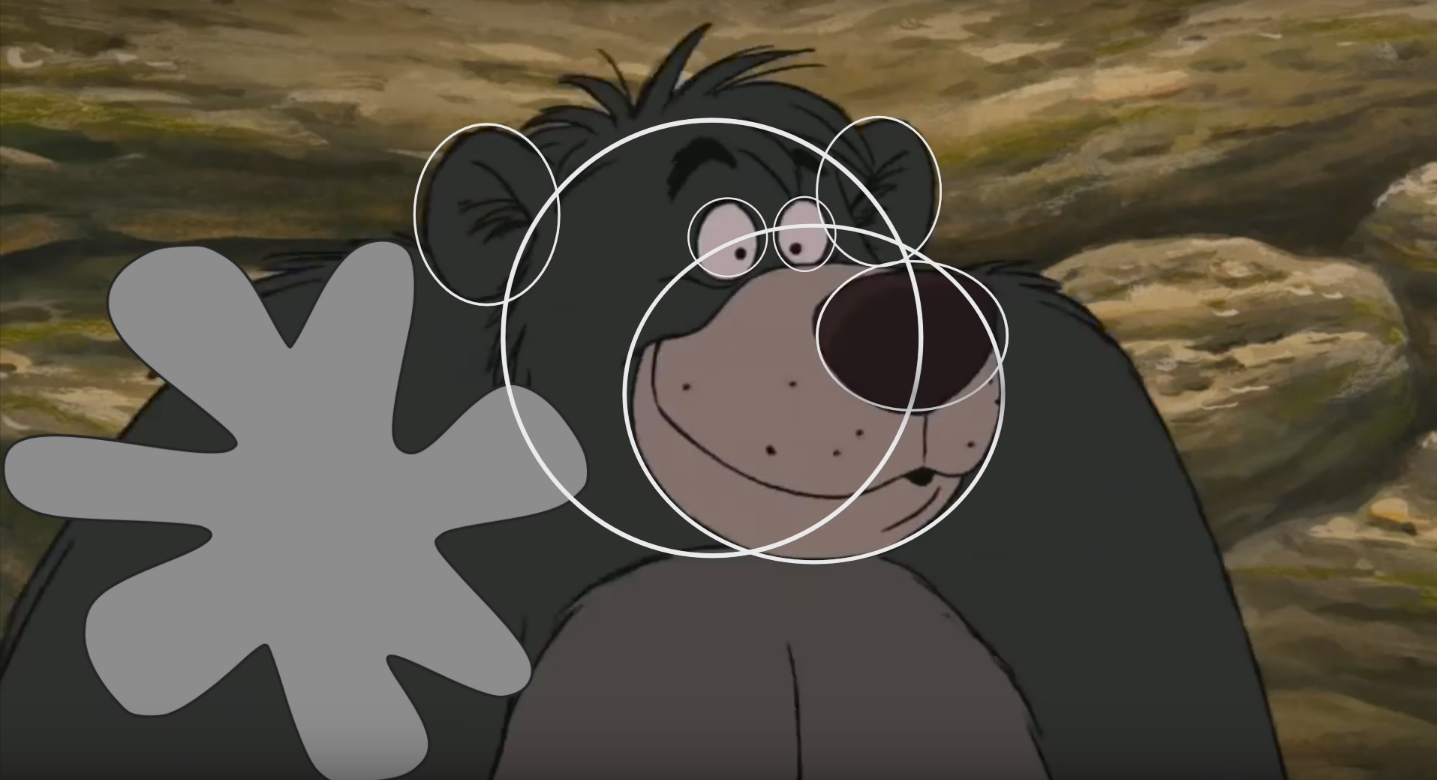
If I take a picture of a row of 20 bikes lined up in a row, what Principle of Design would I be demonstrating?
Repetition
How do the Elements of Art and Principles of Design work together when art making?
The Principles of Design are the ways in which artists use the Elements of Art in the creation of an artwork.
The Elements of Art are the "what," and the Principles of Design are the "how."
True or false?
This rock can be an example of texture.

TRUE!
"Smooth" is also a texture! A texture doesn't have to be something that is rough, bumpy, fuzzy, etc. Texture refers to the visual "feel" of an artwork, or just in general, the "feel" of something. In this case, the feeling of the rock would be smooth, therefore it would have a smooth texture.
What Principle of Design was used to draw attention to the red puzzle piece?

Emphasis
(or Contrast)
What Element of Art is created when lines connect to create a boundary, thus a 2D ______ is created by that enclosed boundary?
Shape
What Principle of Design is used when a photographer blurs a background to focus on a person?
Emphasis
What 1 Element of Art and 1 Principle of design work together in this scene shown?
![]()
Form and Scale
(Form is the element of art, and scale is the principle of design)
What Element of Art is dominantly depicted in this film still?

Color
Does this scene use the Principle of Design balance?
YES
What element refers to the visible lightness or darkness of a color or object?
Value
[RANDOM MS. WITTSTOCK BONUS QUESTION FOR DOUBLE POINTS - What breed of dog is Waffle?]
What Principle of Design is the distribution of the visual weight of elements in a frame/scene?
Balance
What 1 Element of Art and 1 Principle of design work together in this artwork shown?
Value and Contrast
(Value is the element of art, and Contrast is the principle of design)
What 2 Elements of Art are dominantly depicted here?
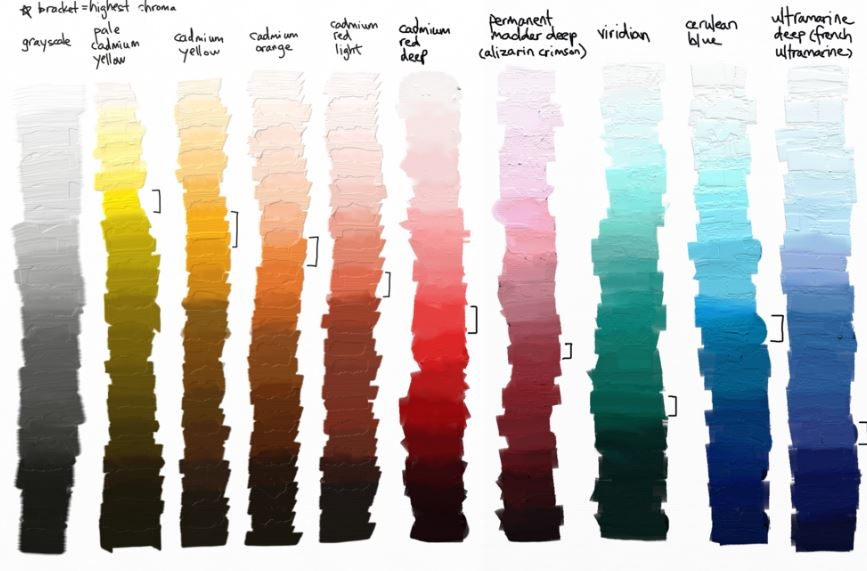
Value and Color
[RANDOM MS. WITTSTOCK BONUS QUESTION FOR DOUBLE POINTS - True or False, I was engaged?]
What 2 Principles of Design are most dominantly used here?

Repetition (or pattern) and Unity
What element of Art is the illusion of depth?
Space
What is the size of an artwork or structure in relation to us as humans/the audience? AND
What is the relationship of the size(s) of the objects within a scene?
*Both are different terms that have to do with size.
Scale
Proportion
What Principle of Design that was used, gives you the idea that the dog is shaking off water?
What Element of Art was used creatively to demonstrate that water/water on the dog?
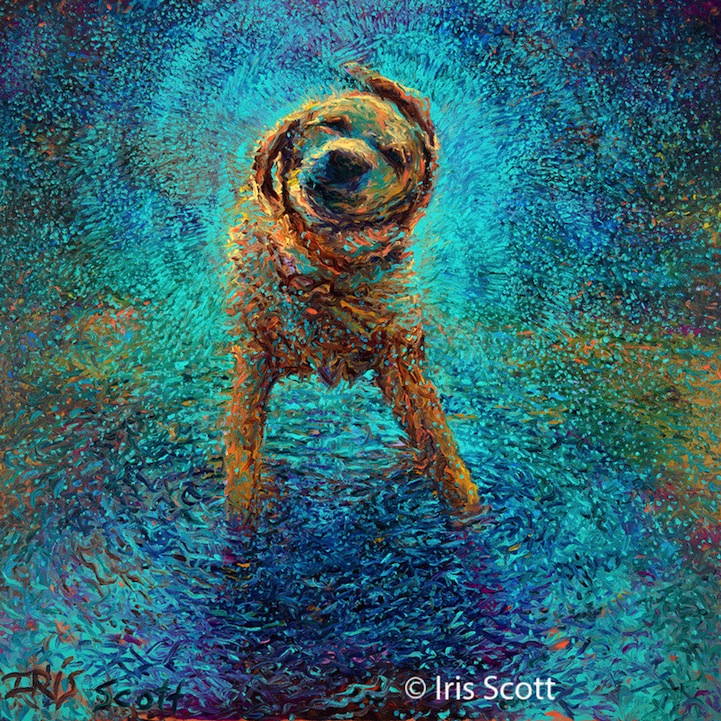
Movement
Color (or texture)
How many Elements of Art are in this artwork/design, and what are they? (you must say all that are pictured to receive points)
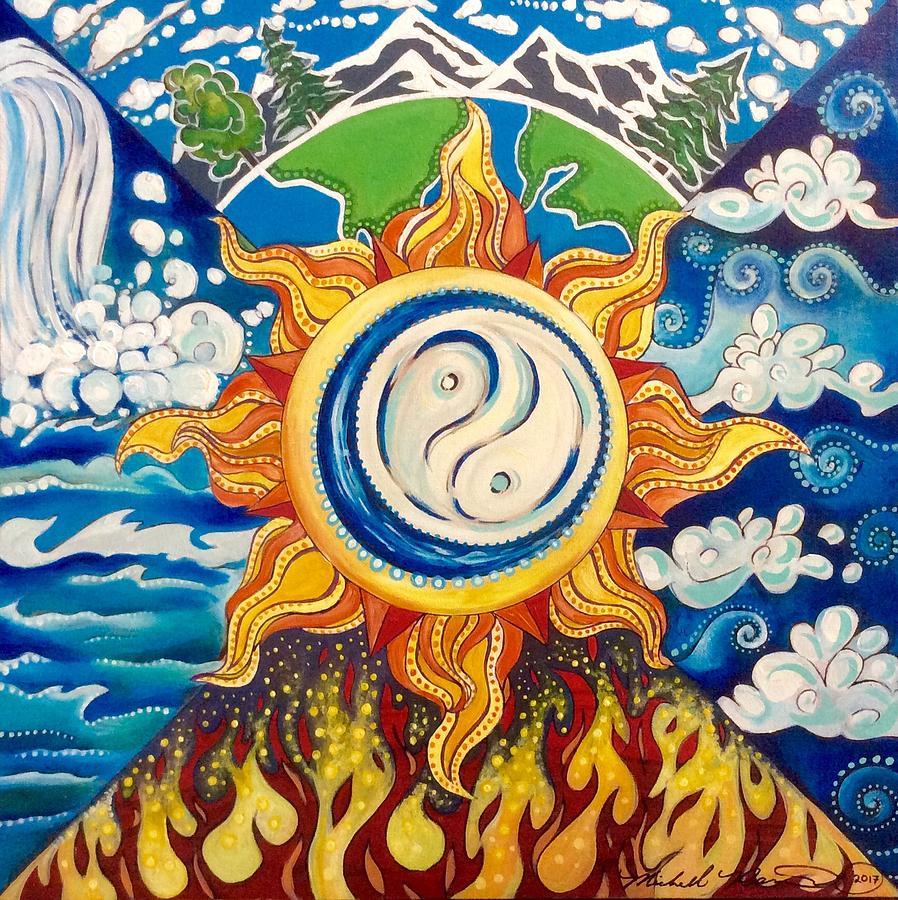
ALL 7!
Line, Shape, Form, Space, Texture, Value, Color
What Principle of Design is most dominantly used in this rose window? AND what type of symmetry is occurring? (You must answer both parts correctly to get points)

Balance
Radial Symmetry
What Element of Art does Shape turn into when you add a dimension?
*Dimensions are height, length, and depth.
Form
If when video editing pre-recorded clips, I made my main subject appear in black and white, and the other imagery in the scene stayed in color, what 2 Principles of Design would I be using?
Contrast and Emphasis
Name the most dominant Elements of Art AND Principles of Design used in this film still.
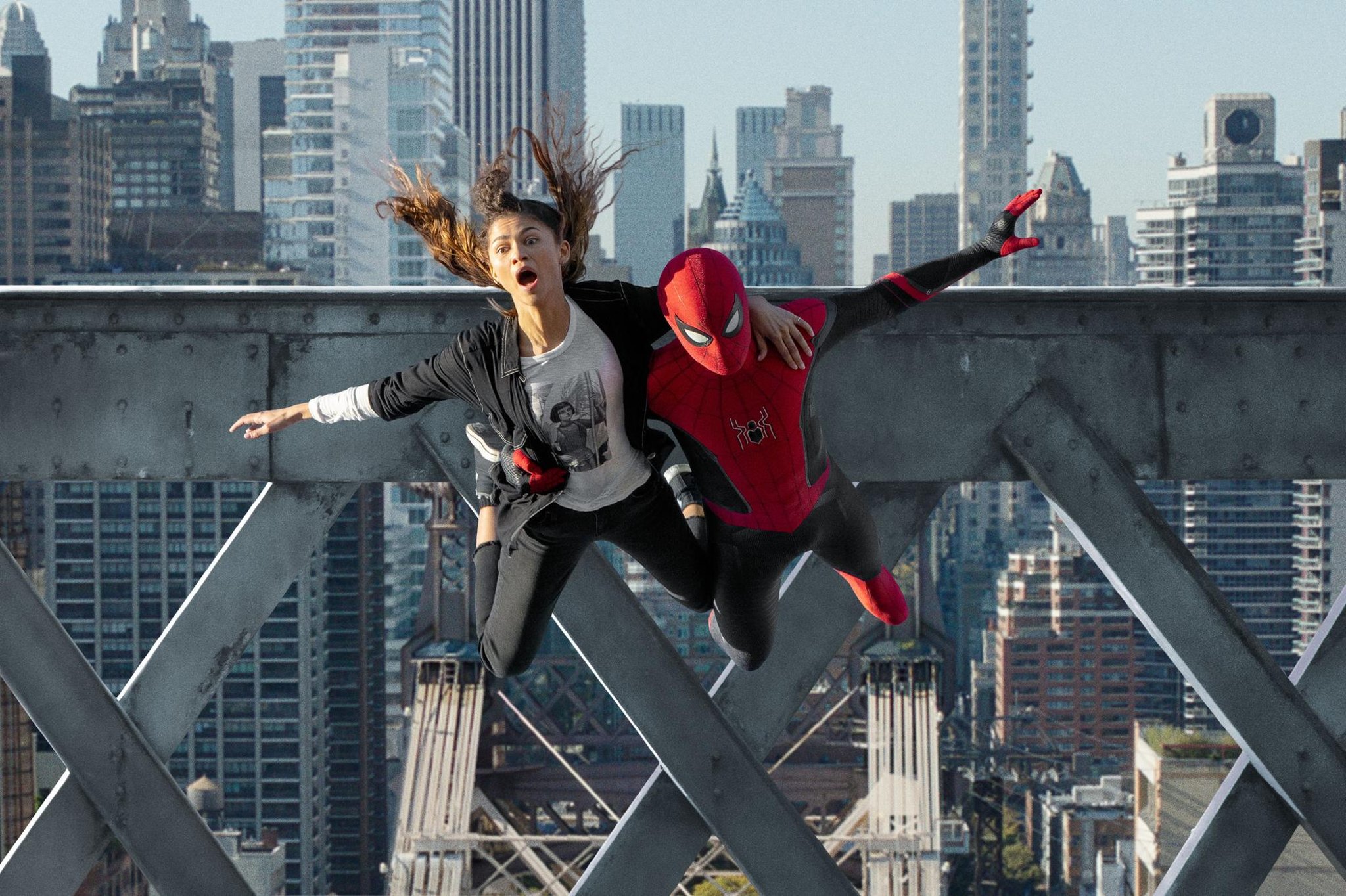
Elements of Art: Space, Line, Value, Color, Form
Principles of Design: Unity, Repetition, Balance, Emphasis, Contrast, Movement, Scale/Proportion